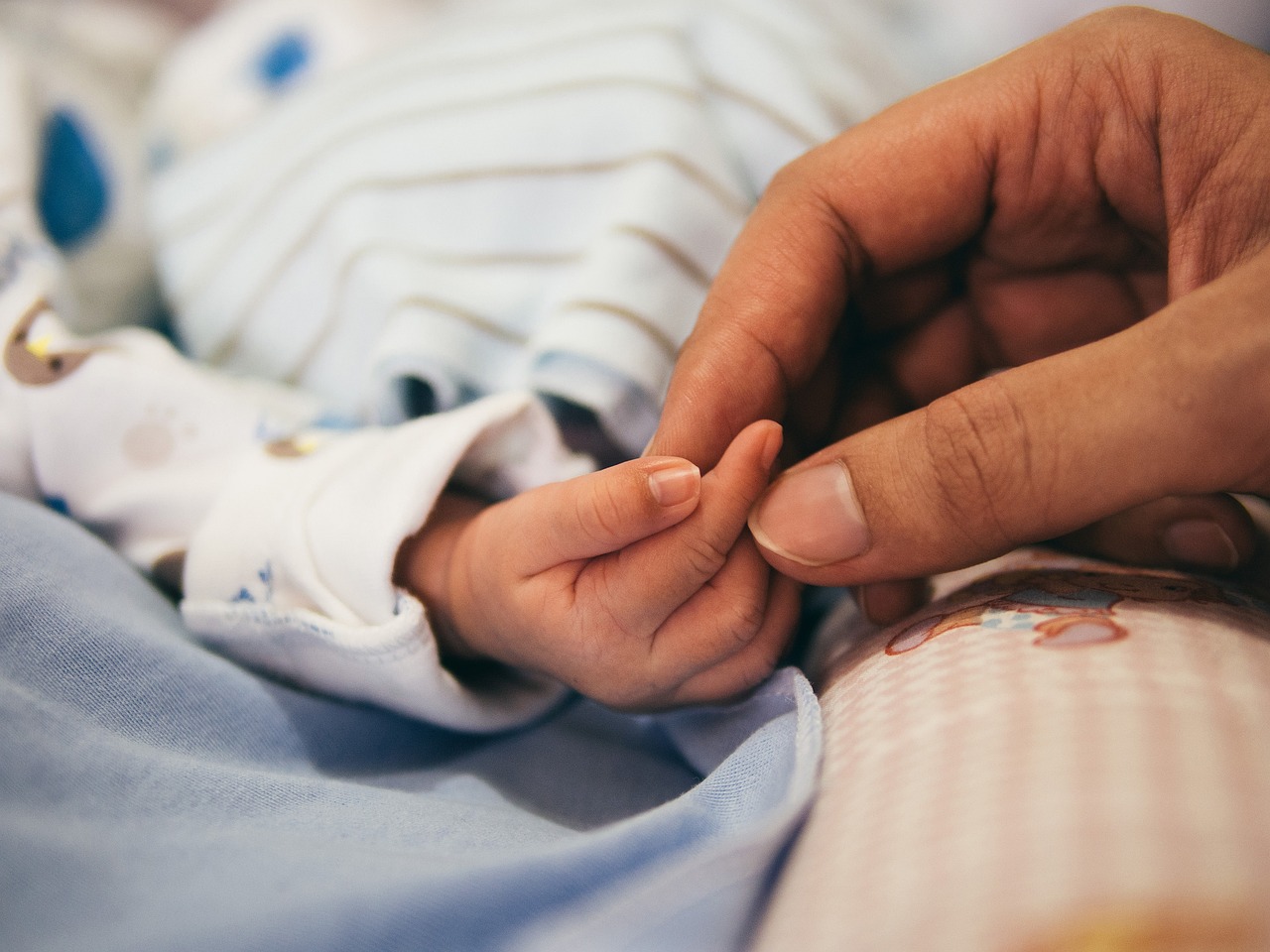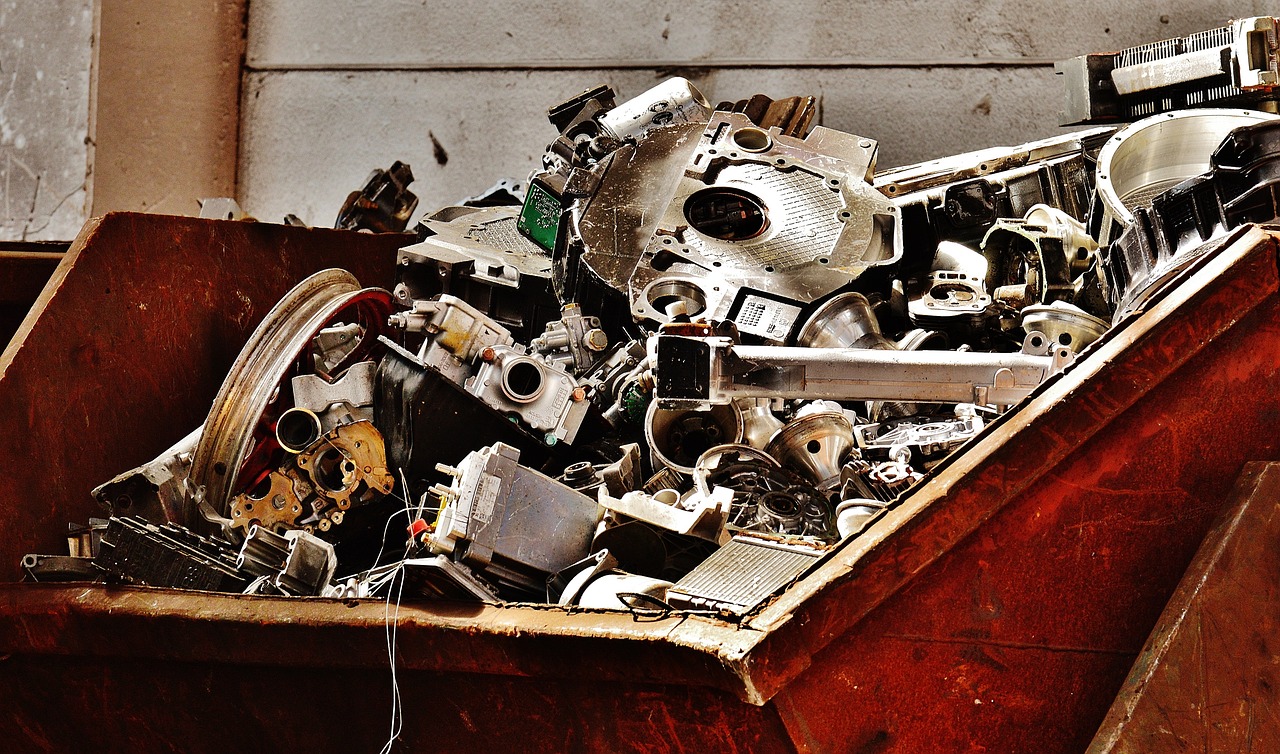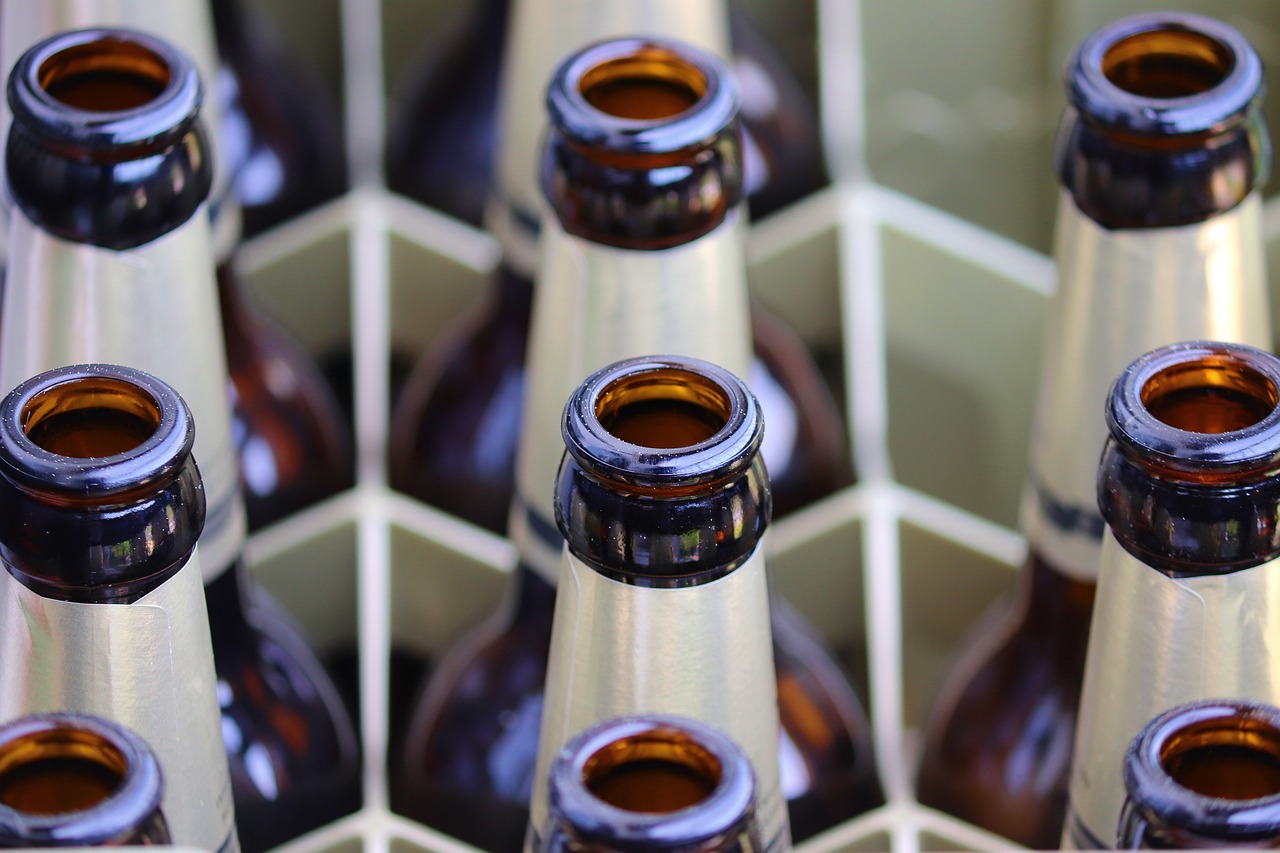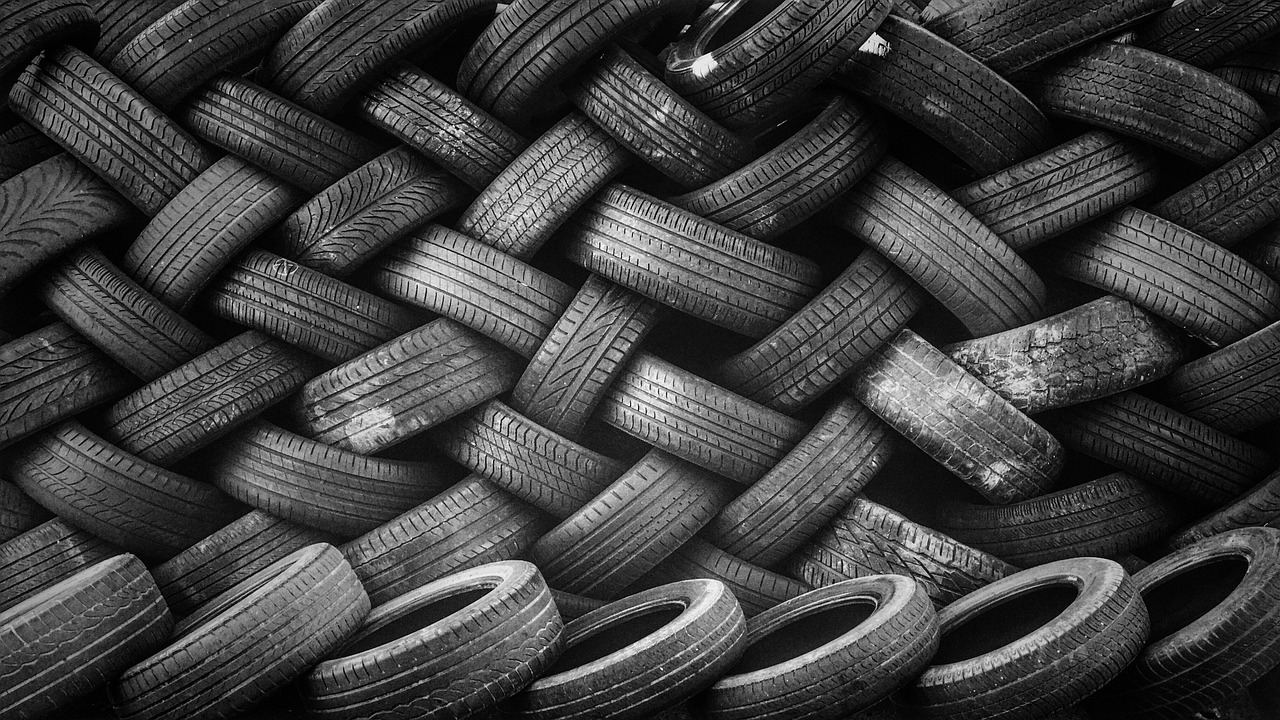How to Create a Family Recycling Challenge
Creating a family recycling challenge can be a fun and effective way to promote sustainability within your household. By involving everyone in the process, you can make a significant impact on the environment while also fostering a sense of teamwork and responsibility. Setting up and maintaining a successful recycling challenge requires careful planning and creativity.
One of the first steps in creating a family recycling challenge is to establish clear goals. Define specific objectives for the challenge, such as reducing overall waste production by a certain percentage or increasing the amount of recyclables collected each week. Setting achievable goals will help keep everyone motivated and focused on the task at hand.
To track progress and incentivize participation, consider developing a point system for the challenge. Assign points to family members for various recycling tasks, such as sorting materials, cleaning recyclables, or taking out the recycling bins. By rewarding effort and participation, you can encourage everyone to actively engage in the challenge.
Choosing exciting rewards for meeting recycling milestones can further motivate family members to participate. Rewards can range from a family movie night to a special outing or a favorite homemade meal. By offering appealing incentives, you can make the challenge more engaging and enjoyable for everyone involved.
Education and awareness are key components of a successful family recycling challenge. Take the time to educate your family members about the importance of recycling and its positive impact on the environment. Raise awareness about the benefits of reducing, reusing, and recycling to instill a sense of responsibility and environmental consciousness.
Schedule regular check-ins to review progress, discuss challenges, and celebrate achievements. Use these weekly meetings as an opportunity to motivate each other, share ideas, and brainstorm new recycling initiatives. By staying connected and engaged, you can maintain momentum and keep the challenge exciting for everyone.
Introducing a friendly competition element to the challenge can add an extra layer of excitement. Set up individual or team goals and encourage healthy competition among family members. Competition can inspire greater participation and engagement, making the recycling challenge more dynamic and interactive.
Explore creative recycling projects that involve repurposing materials into useful or decorative items. Engaging in hands-on activities can make recycling more enjoyable and meaningful for everyone. Encourage creativity and innovation to spark interest and enthusiasm within your family.
Sharing success stories and experiences within the family can inspire and motivate each other to continue participating in the recycling challenge. Highlight the positive impact of your collective efforts and celebrate achievements together. By fostering a sense of accomplishment and community, you can sustain long-term engagement and commitment to recycling.

Setting Clear Goals
When embarking on a family recycling challenge, it is crucial to set clear goals to guide and motivate everyone involved. By establishing specific objectives, you create a roadmap for success and ensure that each family member understands the purpose of the challenge. These goals can vary from reducing overall waste by a certain percentage to increasing the amount of recyclables collected weekly. Setting clear goals not only provides direction but also instills a sense of purpose and accomplishment as progress is made.

Creating a Point System
When it comes to creating a point system for your family recycling challenge, you want to make sure it's both engaging and motivating. One way to approach this is by assigning points to different recycling tasks based on their level of contribution to the overall goal. For example, sorting recyclables could earn more points than simply taking out the recycling bin. This tiered system encourages active participation and recognizes the effort put into each step of the recycling process.
Additionally, consider incorporating bonus points for innovative ideas or going above and beyond the basic recycling requirements. This can spark creativity and encourage family members to think outside the box when it comes to reducing waste and finding new ways to recycle items. By rewarding creativity and initiative, you foster a sense of ownership and pride in the recycling challenge.
Another aspect to consider is setting up a tracking system for the points earned by each family member. This could be done through a simple chart or spreadsheet where everyone can see their progress and the points they have accumulated. Transparency in point tracking not only adds a competitive edge but also promotes accountability and encourages consistent participation.
Moreover, don't forget to periodically review and adjust the point system as needed. As the recycling challenge progresses, you may discover new opportunities to incentivize certain behaviors or tasks. By staying flexible and responsive to the evolving dynamics of the challenge, you can keep the momentum going and maintain interest among family members.

Choosing Rewards
When it comes to for your family recycling challenge, it's essential to select incentives that will motivate and excite everyone to participate actively. Rewarding efforts and achievements can significantly enhance the overall experience and encourage ongoing engagement in the recycling challenge.
One effective way to choose rewards is by aligning them with the values and interests of your family members. Consider what activities or experiences they enjoy the most and use those preferences as inspiration for the rewards. For example, if your family loves watching movies together, a family movie night with popcorn and snacks could be a great incentive for reaching a recycling milestone.
Another approach is to involve everyone in the reward selection process. Allow each family member to suggest ideas for rewards they find appealing, and then collectively decide on a reward system that caters to everyone's preferences. This not only ensures that the rewards are meaningful to each individual but also fosters a sense of ownership and collaboration within the family.
Moreover, consider incorporating a mix of both tangible and experiential rewards to cater to different preferences. While tangible rewards like small gifts or treats can provide immediate gratification, experiential rewards such as a special outing or a fun family activity can create lasting memories and strengthen family bonds.
Remember that the ultimate goal of choosing rewards is to reinforce positive behavior and create a sense of accomplishment and satisfaction. By selecting rewards that resonate with your family members and align with the spirit of the recycling challenge, you can enhance the overall experience and make the journey towards sustainability more enjoyable and rewarding for everyone involved.

Education and Awareness
When it comes to creating a successful family recycling challenge, play a crucial role in fostering a sense of responsibility towards the environment. By educating family members about the importance of recycling and the positive impact it has on the planet, you can instill a deeper understanding of sustainability.
One effective way to raise awareness is to showcase real-life examples of how recycling can make a difference. Share success stories of communities or individuals who have significantly reduced their waste through recycling initiatives. By highlighting these achievements, you can inspire your family members to actively participate in the recycling challenge.
Additionally, organizing educational sessions within the family can be both informative and engaging. You can discuss topics such as the three Rs (Reduce, Reuse, Recycle) and demonstrate practical ways to implement these principles in daily life. This hands-on approach can help family members understand the tangible benefits of sustainable practices.
Creating a visual guide or chart that outlines the recycling process can also enhance education and awareness. By illustrating how materials are recycled and transformed into new products, you can make the concept more accessible and engaging for everyone involved.
Moreover, involving children in fun and interactive activities related to recycling can make learning about sustainability enjoyable. Consider organizing a DIY recycling project where kids can create artwork using recycled materials. This hands-on experience can foster a sense of creativity and appreciation for the value of recycling.

Weekly Check-Ins
Encouraging sustainability at home through a fun and engaging recycling challenge can involve the whole family. This article provides tips and ideas to set up and maintain a successful family recycling challenge.
Weekly check-ins are essential to the success of your family recycling challenge. These regular meetings provide an opportunity to review progress, discuss challenges, and celebrate achievements together. It's a time to reflect on the efforts put in by each family member and motivate one another to keep up the good work.
During the check-ins, you can set aside time to share any new recycling ideas that have come to mind or discuss ways to overcome obstacles faced during the week. It's a chance to brainstorm collectively and keep the momentum going.
Consider creating a visual representation of your progress, such as a chart or graph, to make it easier for everyone to see how well the family is doing in reaching its recycling goals. This visual aid can serve as a motivating factor and a reminder of the collective effort being put in.
Moreover, the weekly check-ins offer a platform for open communication within the family regarding the recycling challenge. It's an opportunity to voice concerns, provide feedback, and offer support to one another. By fostering a sense of teamwork and collaboration, these meetings can strengthen family bonds and create a shared sense of accomplishment.
If you have any questions or concerns about starting a family recycling challenge, check out these FAQs:
- Q: How do I get my family excited about recycling?
- Q: What are some easy recycling ideas to start with?
- Q: How can I educate my family about the importance of recycling?
A: Try to make recycling fun and rewarding by incorporating games, rewards, and creative projects into the challenge.
A: Begin with simple tasks like separating recyclables from trash, reducing plastic usage, and upcycling old items into new ones.
A: Share information about the environmental benefits of recycling, organize educational activities, and lead by example in your own recycling habits.

Adding Friendly Competition
Adding friendly competition to your family recycling challenge can inject an extra dose of excitement and motivation into the process. By setting up individual or team goals, you can spark a healthy sense of rivalry that encourages active participation and engagement among family members. Imagine the thrill of competing against each other to see who can recycle the most or come up with the most innovative recycling ideas. This competitive element not only makes the challenge more dynamic but also fosters a sense of teamwork and camaraderie as everyone works towards a common goal.

Exploring Creative Recycling Projects
When it comes to creative recycling projects, the possibilities are endless. One exciting idea is to repurpose glass jars into stylish storage containers for your kitchen or craft supplies. By adding a coat of paint or decorative labels, you can transform these jars into functional and aesthetically pleasing items. Another fun project is to upcycle old t-shirts into reusable shopping bags. With a few simple cuts and stitches, you can create eco-friendly bags that are both practical and unique.
If you're feeling adventurous, consider creating a DIY compost bin using old wooden pallets. Not only will this project help reduce food waste in your household, but it will also enrich your garden soil with nutrient-rich compost. Additionally, turning empty tin cans into charming candle holders can add a touch of warmth and ambiance to your home decor. These simple yet creative projects showcase the fun and rewarding side of recycling.
For a family-friendly activity, try making recycled paper together. Shred old newspapers or magazines, blend them with water, and press the mixture into new sheets of paper. This hands-on project not only teaches valuable lessons about waste reduction but also allows for artistic expression through unique paper designs. Another engaging idea is to repurpose plastic bottles into self-watering planters. By cutting the bottles in half and adding a wicking system, you can create a sustainable way to nurture your indoor plants.
Exploring creative recycling projects is not only a way to reduce waste but also a way to foster creativity and innovation within your family. By working together on these projects, you can bond over shared goals and values while making a positive impact on the environment. So, roll up your sleeves, gather your materials, and let your imagination run wild with these inspiring recycling projects!

Sharing Success Stories
Sharing success stories within the family can be a powerful way to inspire and motivate each other in the family recycling challenge. By celebrating achievements and highlighting the positive impact of recycling efforts, family members can see the tangible results of their hard work. These stories serve as testimonials of the collective effort put into making a difference in the environment.
One effective way to share success stories is by creating a family scrapbook or a recycling journal where everyone can contribute their experiences, milestones, and reflections. This not only chronicles the progress made but also serves as a visual reminder of the impact each individual has on the overall goal.
Moreover, organizing family meetings or gatherings to discuss and share success stories can foster a sense of community and teamwork. Encourage each family member to talk about their most memorable recycling moments, challenges they overcame, and how they felt when they achieved a recycling goal.
Another creative way to share success stories is by creating a wall of fame or a recycling hall of fame in a prominent area of the house. Displaying photos, certificates, or personalized notes recognizing individual or team accomplishments can boost morale and encourage continuous participation.
Frequently Asked Questions
- What age group is suitable for participating in a family recycling challenge?
The family recycling challenge is suitable for all age groups, from young children to adults. It's a great way to involve the whole family in sustainable practices and teach valuable lessons about environmental responsibility.
- How can I make the family recycling challenge fun and engaging for everyone?
To make the challenge fun and engaging, consider incorporating games, rewards, and creative recycling projects. You can also add a competitive element to encourage participation and excitement among family members.
- What are some examples of rewards that can motivate family members to recycle more?
Examples of rewards for achieving recycling milestones include a family movie night, a special outing to a favorite place, a homemade meal of choice, or even a small token of appreciation. The key is to choose rewards that appeal to everyone in the family.



















